Day 2 – Wednesday 31 May
The second day of the Forum breaks into value chain specific topics where we bring to life action-oriented case studies and best practices to illustrate the progress and challenges faced in financing and scaling circular solutions. The plenaries will explore circularity in financial markets, and future trends for a regenerative and resilient economy.
Please note that the time zone for the event is Eastern European Summer Time (UTC+3).
Doors open in Helsinki at 8:00 (UTC+3)
Plenary at 9:00–10:00 (UTC+3)
Money talks – what enables a systemic shift for corporates and investors?
Capital flows to where investors see the best risk-reward. Here’s how to tip the scales for sustainable investing.
While billions are being invested in circular solutions, trillions are still invested each year into linear business models. This plenary session demonstrates the economic potential of the circular economy and asks what is holding back corporates and investors from a systemic shift.
Time: 9:00–10:00 (UTC+3)
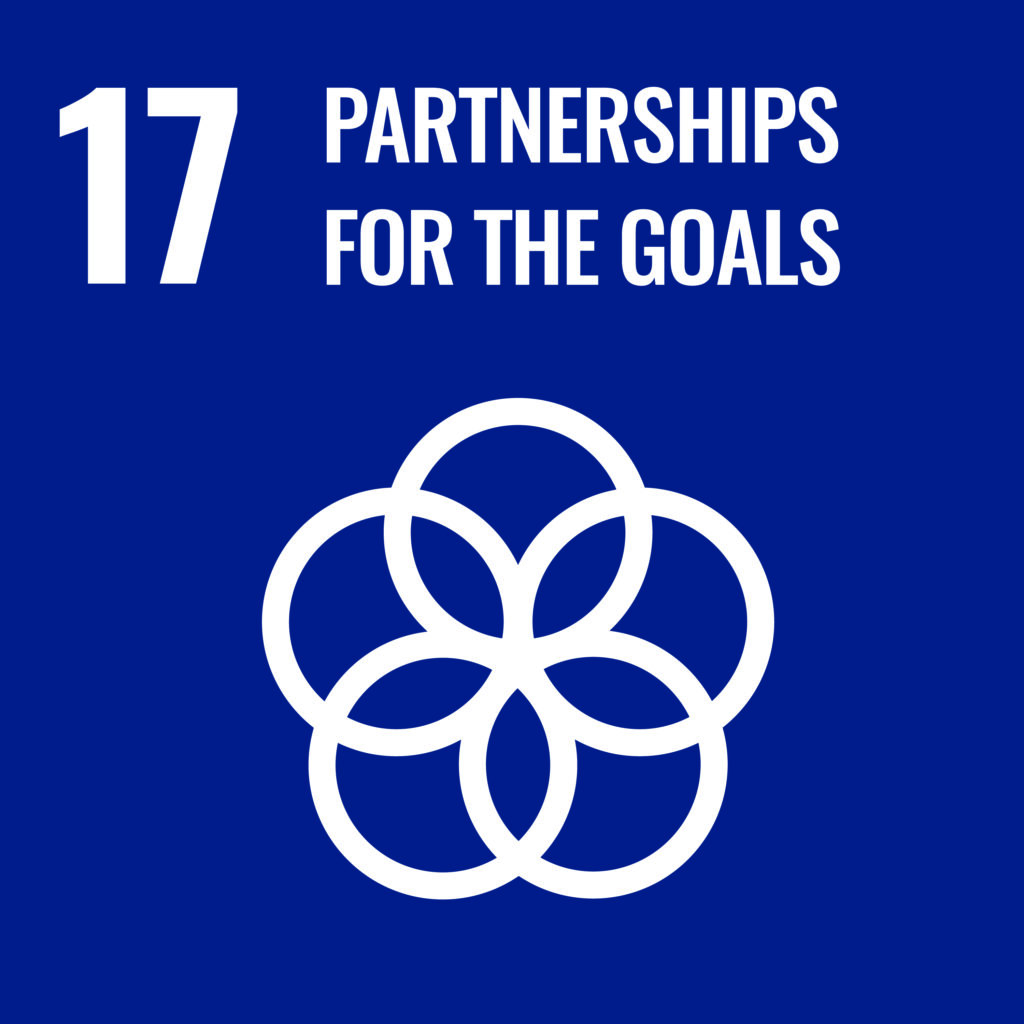
Break at 10:00–10:30 (UTC+3)
Parallel sessions at 10:30–11:45 (UTC+3)
CAPITAL AND GOVERNANCE
Solutions for circular trade
Global logistics webs are both costly and valuable. We can make them better for the planet and its people.
Trade can amplify the role of circularity in driving net-zero industry transitions, nature conservation and economic development. This session will identify practical solutions that can be scaled to accelerate circular trade, with a focus on helping developing countries build capacities to harness circular value chains, including trade in goods and services, remanufacturing and trusted trader programmes.
Time: 10:30–11:45 (UTC+3)
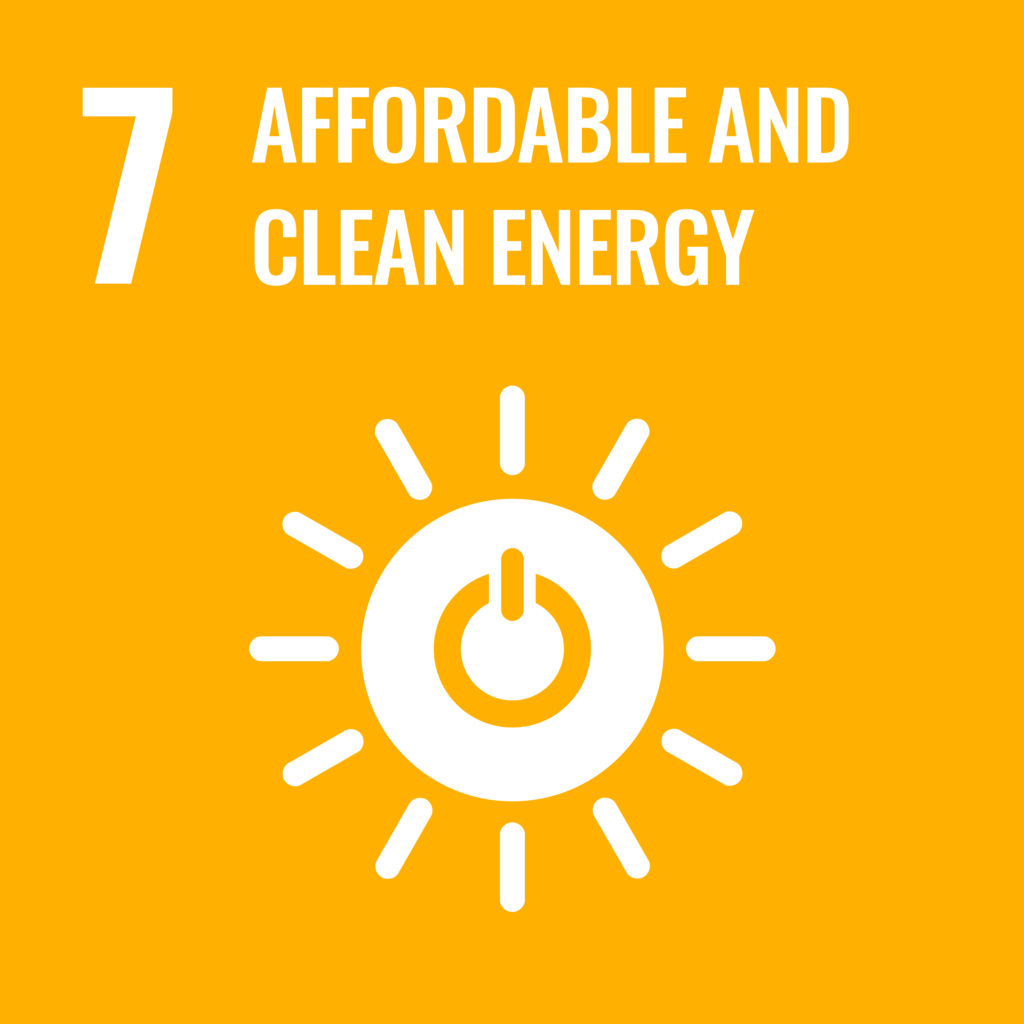
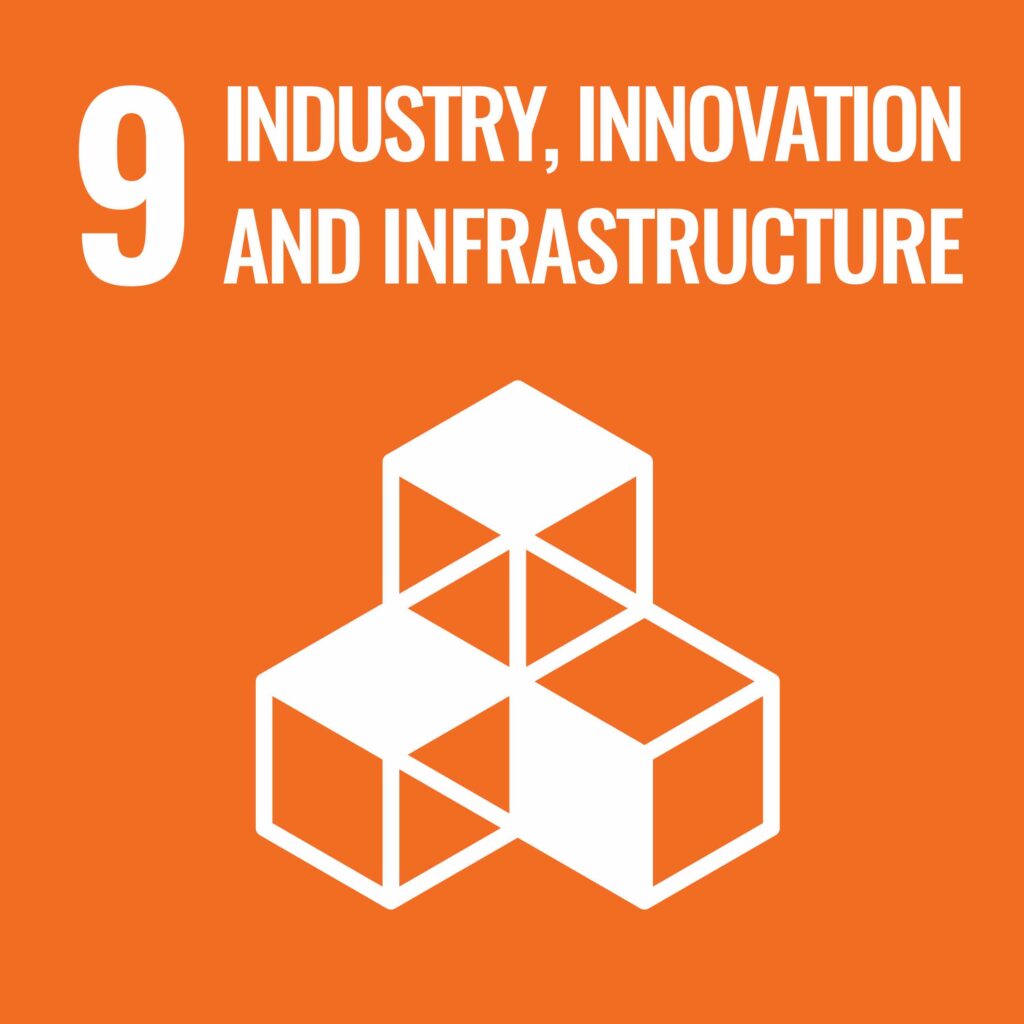
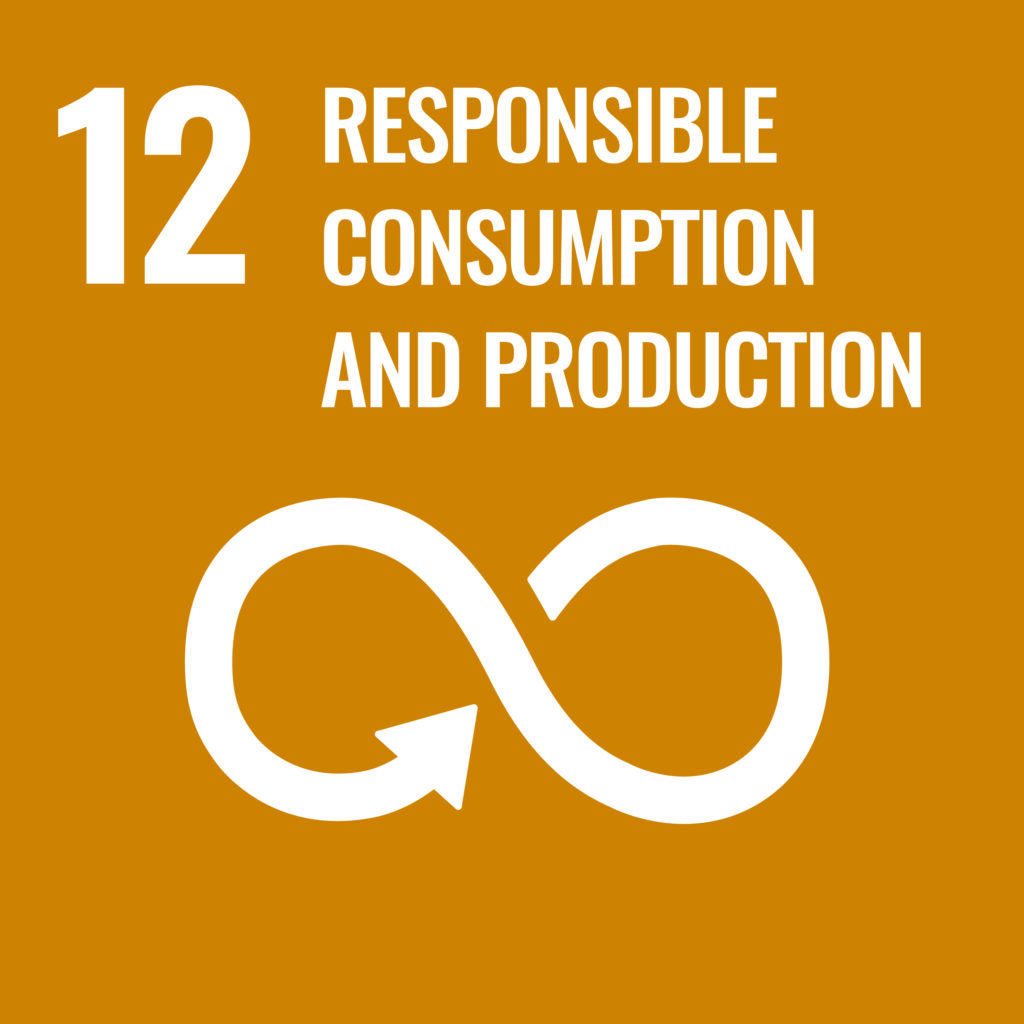

SOLUTIONS FOR VALUE CHAINS
Wardrobe of the future: how to change the textiles and fashion industry
This session pinpoints where the biggest impact can be made on the textiles and fashion ecosystem.
The textiles and fashion industry needs to clean up its act. But how to deliver consistent change on multiple areas of this complex and interconnected global system? This session touches upon policy issues, state-of-the-art research and interesting case studies. Also, young designers will share their messages with the influential WCEF crowd.
Time: 10:30–11:45 (UTC+3)
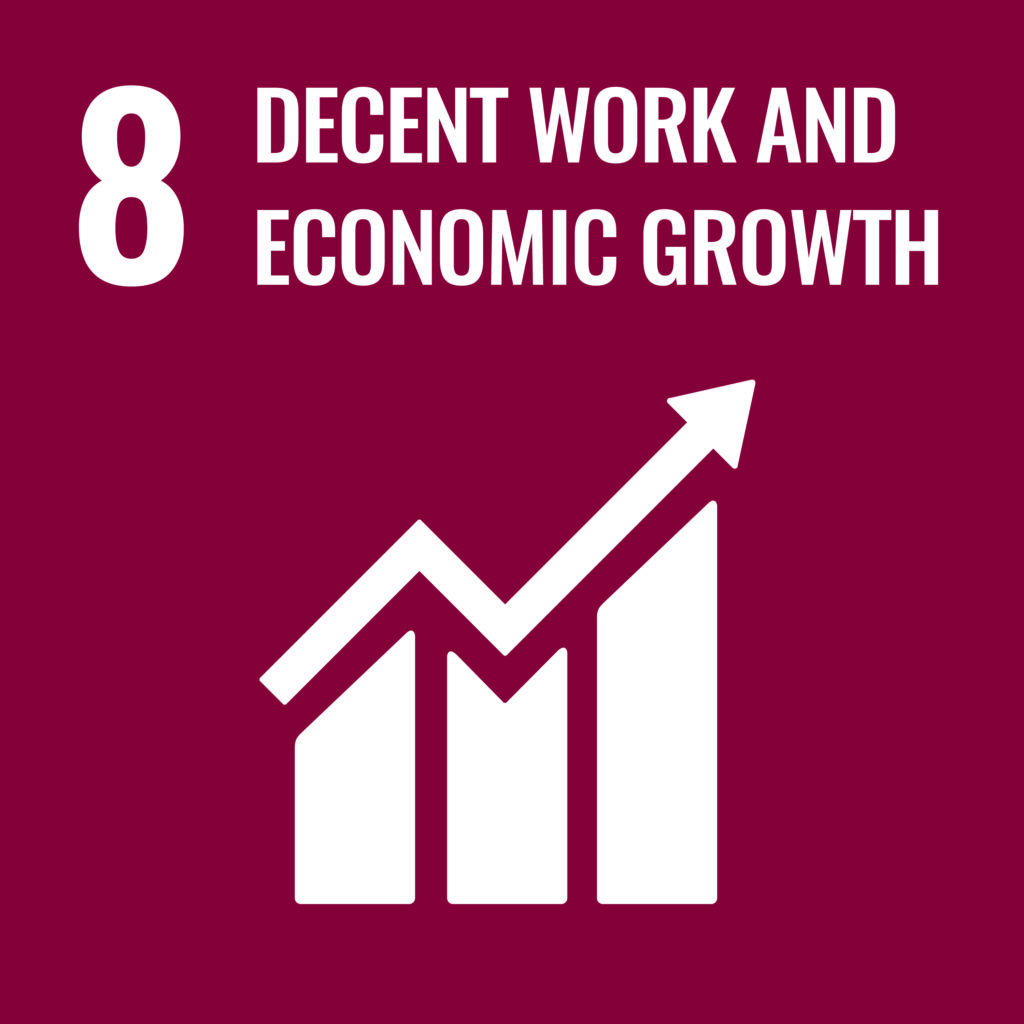


SOLUTIONS FOR VALUE CHAINS
Building blocks for a circular future: trends, policies and solutions
Circularity provides multiple benefits for the built environment, but the construction sector is slow to change. What drivers and practices work best?
The global appetite for new building materials remains high, which results in a large footprint of the sector. How can we extend the life of buildings, ensure that we close the loop and allow new building materials and methods access to the market? This session explores global resource trends and developments in policy and solutions that will put us on the road towards a circular and nature-positive future.
Time: 10:30–11:45 (UTC+3)
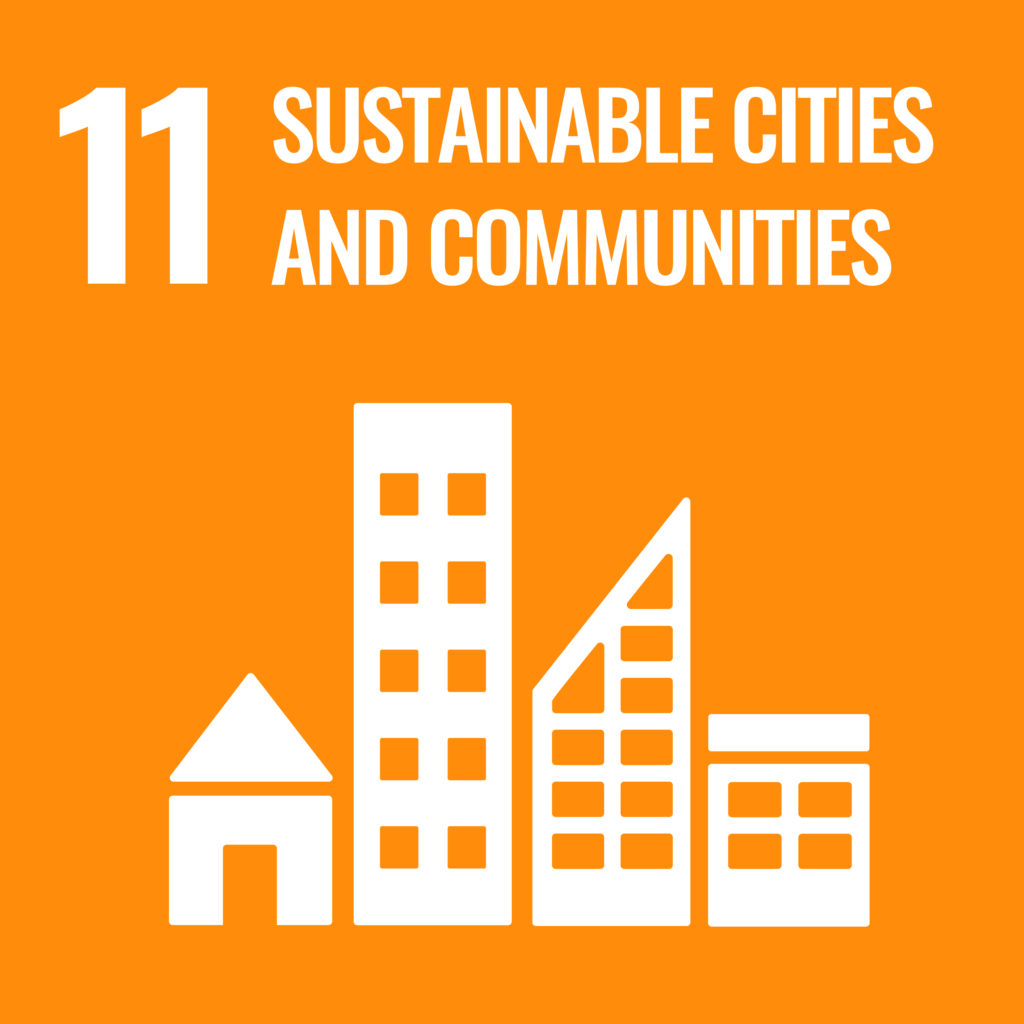
SOLUTIONS FOR VALUE CHAINS
Hydrogen – a catalyst for renewable and circular industries
Is hydrogen our saviour? Here is a realistic approach to the potential and challenges of a hydrogen economy.
Hydrogen will become a game changer in the global energy industry due to its capability to store renewable energy. The session introduces the potential of hydrogen by demonstrating existing innovative solutions and by interacting with the audience to spark brand new ideas on how hydrogen could be used in a circular economy.
Time: 10:30–11:45 (UTC+3)

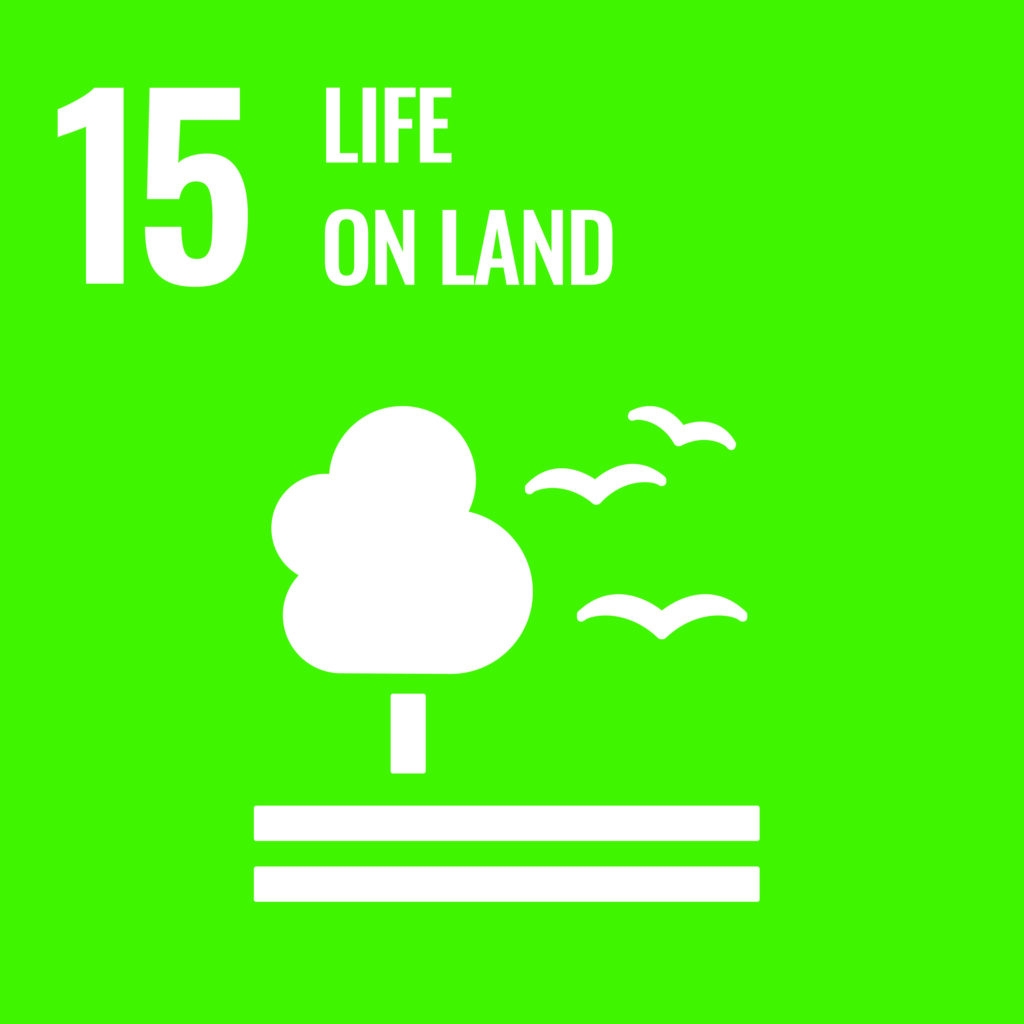





Networking lunch at 11:45–13:15 (UTC+3)
Parallel sessions at 13:15–14:30 (UTC+3)
CAPITAL AND GOVERNANCE
Circular strategies and road maps
We must define our goals and plan how to reach them. Then, most importantly, we must act.
The session will explore best practices and recommendations on how to develop, implement and monitor circular economy strategies and road maps, including the prevention of unintended negative impacts. It will highlight key lessons learned and remaining barriers to the successful roll out of circular economy road maps and how they can be implemented and monitored. The current and potential role of regional and global initiatives in accelerating the implementation of local, national and regional strategies will also be examined.
Time: 13:15–14:30 (UTC+3)


SOLUTIONS FOR VALUE CHAINS
Designing food for nature to thrive
What is circular design for food, and how is it helping companies redesign food products for nature to thrive?
Based on the report The big food redesign, the circular design for food framework is helping organisations around the world to make a nature-positive future a reality. Instead of bending nature to produce food, we can design our food for nature to thrive. This interactive workshop invites you to learn more about the positive outcomes of applying the circular design for food framework. Receive guidance from those already on the journey and learn how to apply their insights to your work.
Time: 13:15–14:30 (UTC+3)
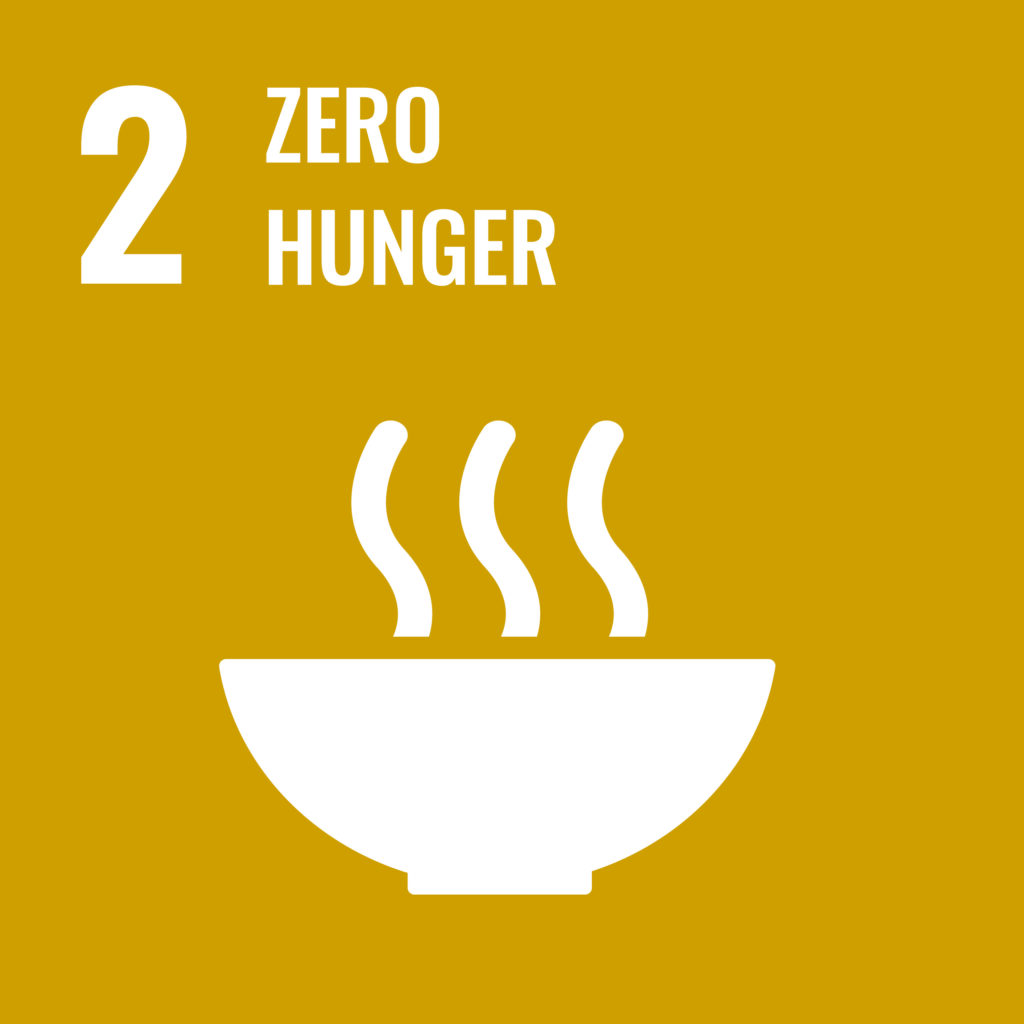





SOLUTIONS FOR VALUE CHAINS
Upstream measures for circular and sustainable plastics
Plastics are useful, but problematic. We can make better plastics and use them smarter.
This session draws attention to some of the overlooked challenges as well as climate and environmental impacts of upstream activities of the plastics life cycle, such as fossil-fuel lock-in. Solutions in focus include smarter use and increased circularity of plastics and switching to renewable raw materials. It concludes with a discussion on how upstream measures can become a central part of the forthcoming UN plastic treaty.
Time: 13:15–14:30 (UTC+3)



SOLUTIONS FOR VALUE CHAINS
Reverse supply chains in the electronics sector
Each electronic device can be recaptured for materials to build future products.
This session explores the challenges and opportunities in creating efficient, responsible and collaborative reverse supply chains. It will connect knowledge and practical experiences to collaborative action and improvements, in setting up collection systems, and enabling transboundary movements of end-of-life electronics for environmentally and socially sound management.
Time: 13:15–14:30 (UTC+3)






Closing plenary of day 2 at 15:00–16:15 (UTC+3)
Towards a resilient and nature-positive future
What’s next? How circularity can help us reach the goals for biodiversity.
The closing plenary will explore how the circular economy can help halt and reverse biodiversity loss within the Kunming-Montreal framework and boost resilience of our societies through regenerative agriculture and sustainable natural resources management. The closing session also introduces the necessary next steps in the transition, including the evolution of the European Green Deal.
Time: 15:00–16:15 (UTC+3)




Doors close at 17:00 (UTC+3)
The programme will continue on Thursday 1 June and Friday 2 June with partner-led Accelerator Sessions. Stay tuned for more information.